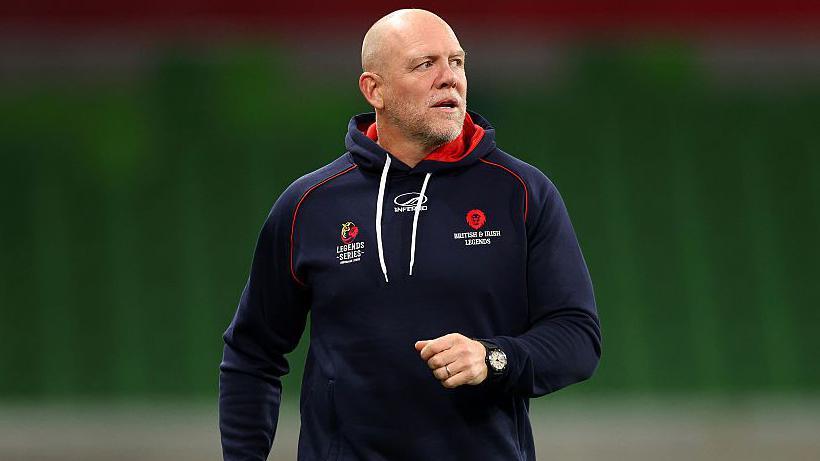Eight of the world’s leading rugby nations, including England, Ireland, Scotland, France, Italy, New Zealand, Australia, and South Africa, have issued a firm warning against the rebel R360 league, declaring that any player who joins the proposed competition will be barred from international selection. The statement marks a unified stance from the traditional rugby powers seeking to protect the integrity and structure of the global game.
R360, backed by former international players, plans to introduce a multicity franchise competition next year. However, the national unions have voiced concerns that the initiative threatens to disrupt the established rugby calendar and undermine the game’s financial ecosystem. The unions emphasized that while innovation and investment are welcome, new ventures must strengthen rugby rather than fragment it.
The unions’ joint statement highlighted the lack of clarity from R360 regarding player welfare, calendar alignment, and the potential impact on national programs. They questioned how the proposed league would coexist with international and domestic schedules that have been carefully structured for both men’s and women’s competitions. According to the unions, the R360 model appears focused on profit generation for a small elite group, risking damage to community rugby, player development, and participation pathways.
Officials stressed that international rugby remains the financial and cultural backbone of the sport, sustaining every level from grassroots to elite competition. Any competition that weakens this foundation, they warned, could be highly detrimental to the health of global rugby. The unions also expressed frustration that R360’s organizers had not engaged with them or provided transparency about their operational plans.
In response, R360 reaffirmed its commitment to collaborating with World Rugby for official sanctioning and argued that players should retain the right to represent their countries. The organization claimed its format includes built-in provisions to release players for international duty and that its design prioritizes player welfare by reducing workload and travel demands.
The standoff sets the stage for a power struggle that could reshape professional rugby’s landscape. While R360 presents itself as a modern, player-focused alternative, the unions remain united in protecting the sport’s traditional structure and international framework.

